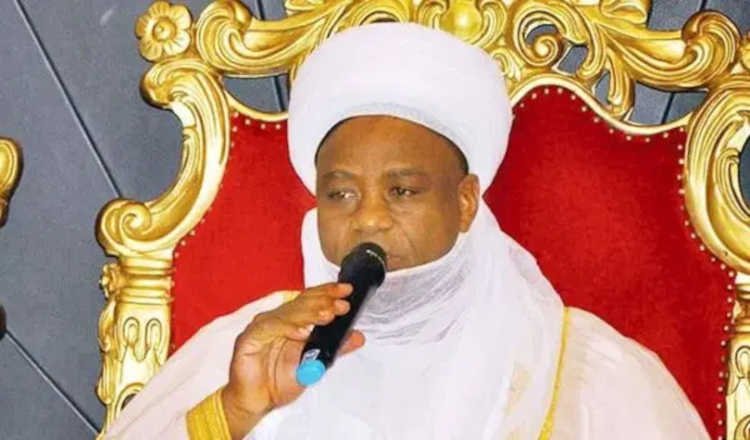The Sultan of Sokoto, Alhaji Muhammadu Sa’ad Abubakar III, recently declared social media a ‘terrorist organisation’ and urged security agencies to deal with it accordingly.
Development Diaries reports that in the remarks captured in a video, His Eminence criticised the platform for spreading false narratives that can destabilise society.
Now, I say this with all due respect to the revered spiritual leader: in a country where over 33 million people are actively using social media, according to Statista, branding this digital community a terrorist entity is akin to saying ‘everyone with a phone and data is a national threat’.
If social media were truly a terrorist organisation, then the Nigerian police’s official X account would be considered an accomplice, along with the Nigerian government itself, including President Bola Tinubu, who actively uses social media.
Of course, misinformation and disinformation are a problem, but conflating an entire communication ecosystem with terrorism is like blaming electricity for electrocution.
Agreed, some people do fabricate stories on social media. But so do some traditional news outlets. In fact, a 2022 report by the Centre for Democracy and Development (CDD) found that both online and offline sources in Nigeria have contributed to the spread of misinformation, especially during elections.
And in fairness, social media is often the only lifeline for citizens failed by institutional silence.
Do you remember the #EndSARS protests in 2020? Without social media, how would young Nigerians have drawn global attention to police brutality? Or how would rural communities have alerted the world to unreported attacks in Plateau, Benue or Zamfara?
Instead of a ‘terrorist organisation’, what if we saw social media as a space where survivors of abuse share stories that lead to justice, citizens crowdsource missing persons during emergencies, farmers get updates on weather conditions to save their crops, and protesters document police abuse in real-time.
In fact, even His Eminence’s speech got amplified via News Central’s post on social media.
And come to think of it, if we banned social media every time a lie was posted, we would have to cancel town halls, political rallies, and most family WhatsApp groups.
Therefore, rather than throw the baby out with the bathwater, we should invest in digital literacy, as users’ ignorance, not the social media platforms, is the real danger. A digitally literate society can better identify and counter both misinformation and disinformation.
Also, let security agencies focus on tracking actual threats using tech, not arbitrarily policing speech or harassing young Nigerians for having opinions online. We must ensure that section 39 of the Nigerian constitution, which guarantees freedom of expression, is respected.





